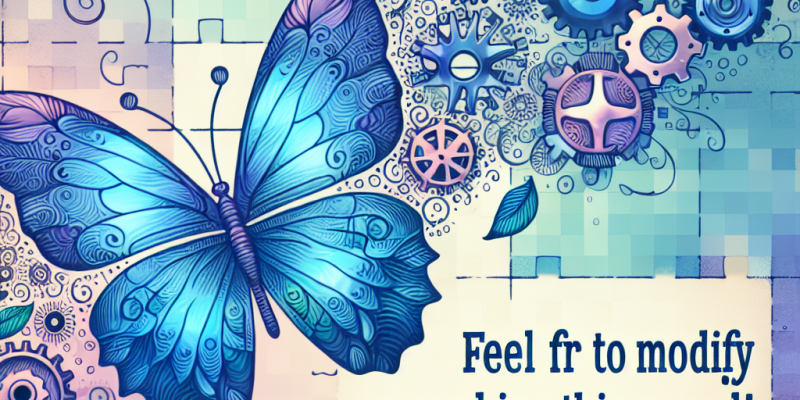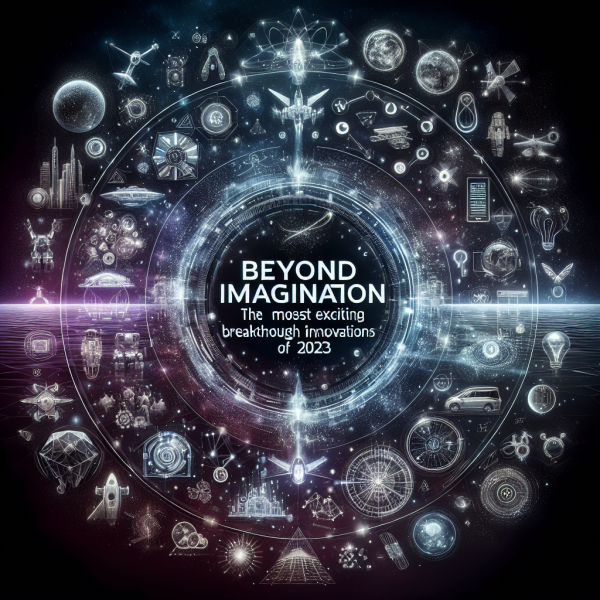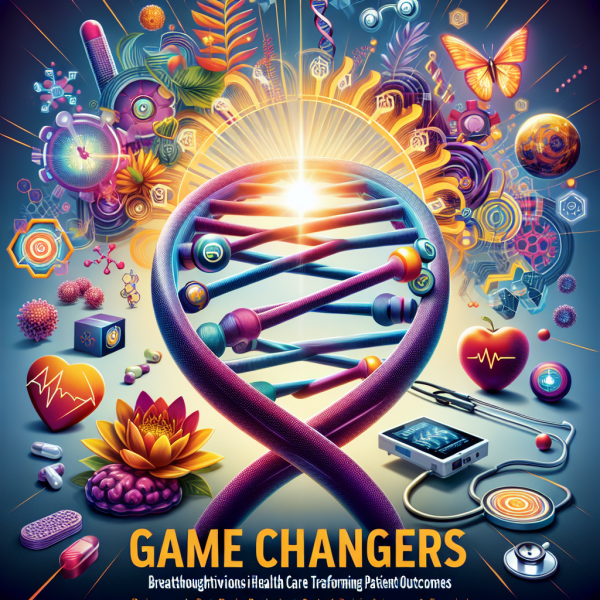Feel free to modify or combine these as needed!

The Power of Adaptation: Embracing Change in Our Lives
In a world that is constantly evolving, the ability to adapt and embrace change is becoming increasingly crucial. From societal transformations to personal challenges, the way we respond to changes can define the course of our lives. Whether in our careers, relationships, or personal growth, the mantra “feel free to modify or combine” serves as a powerful reminder of the possibilities that lie in flexibility and innovation.
The Necessity of Adaptation
Adapting to change is not merely an option; it is a necessity in our fast-paced environment. Technology advances rapidly, shifting the way we communicate, work, and live. Organizations are faced with the challenge of keeping up with digital transformation, while individuals must continually upgrade their skills to remain relevant in the workforce. The ability to modify our approaches in response to new technologies and practices can lead to enhanced productivity and a more fulfilling professional life.
Moreover, personal life transitions—such as moving to a new city, starting a family, or dealing with the loss of a loved one—demand adaptability. Emotional resilience becomes vital during these times. By actively choosing to modify our habits, seek support, or embrace new experiences, we can navigate these changes with greater ease and ultimately emerge stronger.
The Art of Combining Ideas
The concept of combining different ideas, techniques, or perspectives is fundamental to innovation. In the creative realm, artists, writers, and musicians often draw inspiration from diverse sources, merging styles to create something unique and compelling. This practice not only enhances creativity but also fosters a culture of collaboration.
In the workplace, interdisciplinary teams that integrate various skill sets and viewpoints are often more effective at problem-solving. By encouraging team members to combine their strengths and brainstorm collectively, organizations can unlock innovative solutions and drive the company forward.
Emotional Intelligence and Adaptability
One of the key traits that facilitate adaptability is emotional intelligence (EI). Understanding and managing our emotions, as well as empathizing with others, allows us to respond to changes and challenges in a measured way. High EI enables individuals to recognize when it’s time to modify behaviors or seek different combinations of approaches to achieve better results.
For instance, during a crisis, a leader with strong emotional intelligence will assess the situation, acknowledge the feelings of their team, and guide them through the process of change. They will encourage open communication, enabling the team to generate and combine ideas that lead to effective solutions.
Practical Tips for Embracing Change
-
Stay Open-Minded: Cultivate a mindset that is receptive to new ideas. Approach change as an opportunity for learning rather than a setback.
-
Seek Input: Don’t hesitate to ask for feedback or advice. Collaborating with others can lead to unexpected insights and innovative combinations.
-
Experiment: Be willing to try new methods, whether in your career or personal life. Experimenting with different approaches can foster new solutions and perspectives.
-
Reflect: Take time to evaluate your experiences regularly. Understanding what works and what doesn’t allows for continuous improvement and adaptability.
- Practice Resilience: Develop coping strategies to manage stress and setbacks. Remaining resilient in the face of challenges will empower you to adapt more effectively.
Conclusion
In a landscape defined by rapid change, the ability to modify and combine our approaches is essential for personal and professional growth. Whether it involves adapting to new technologies, embracing novel ideas, or developing emotional intelligence, flexibility is key. By fostering a mindset that values adaptation, we can not only navigate the complexities of life more effectively but also thrive amidst uncertainty. Remember, change is not a barrier—it’s a gateway to opportunities waiting to be explored. Embrace it, modify it, and combine your strengths to carve a path forward.














